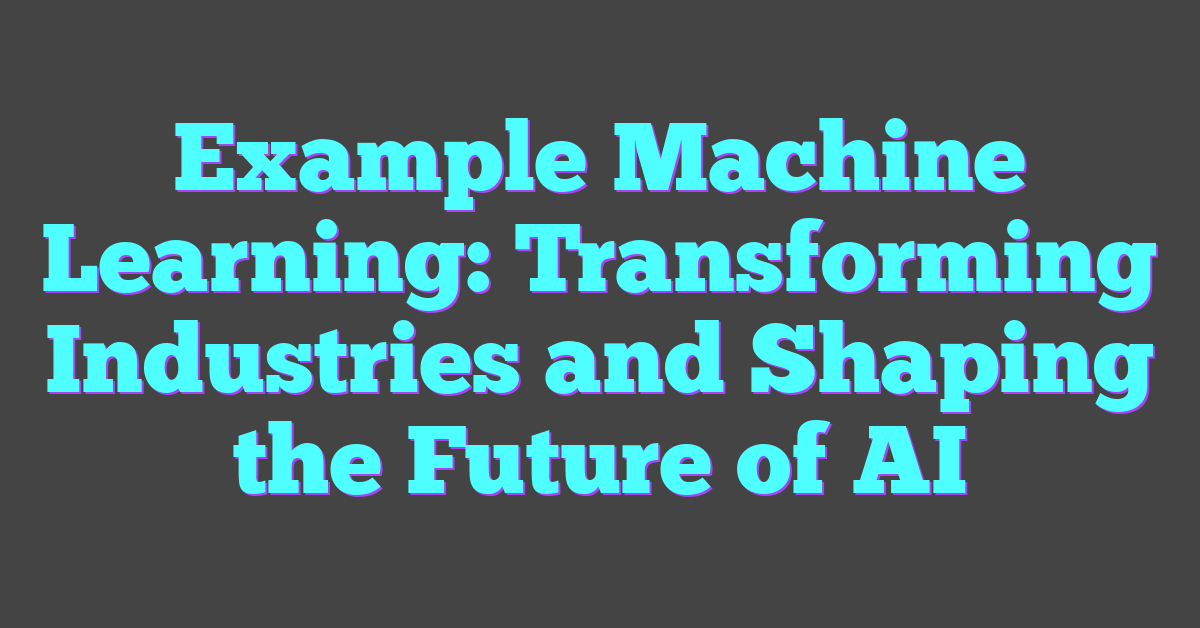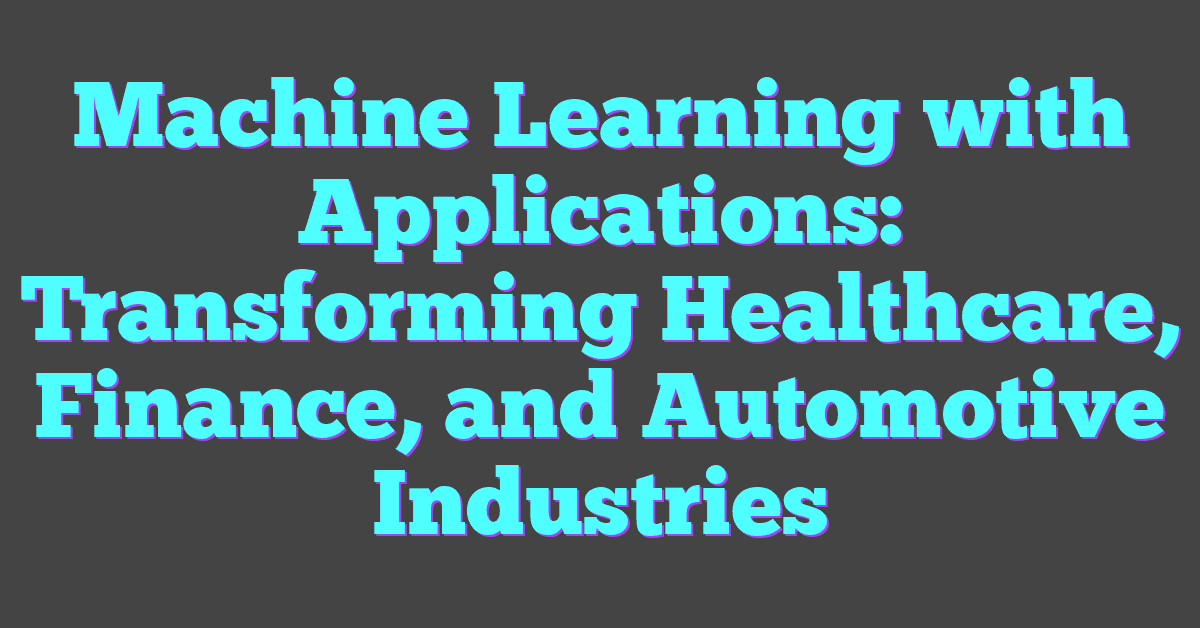Artificial Intelligence (AI) and Quantum Computing are two of the most buzzworthy terms in tech today, often sparking curiosity and confusion. While both fields promise to revolutionize the future, they’re fundamentally different in their principles and applications.
AI focuses on creating systems that can mimic human intelligence, learning from data to make decisions and predictions. Quantum Computing, on the other hand, leverages the strange, fascinating principles of quantum mechanics to solve complex problems at unprecedented speeds. Understanding these distinctions can help demystify the tech landscape and reveal how each technology uniquely contributes to advancements in science and industry.
Understanding AI: What Is Artificial Intelligence?
Artificial Intelligence (AI) focuses on creating systems capable of performing tasks typically requiring human intelligence. These systems learn from data, identify patterns, and make decisions with minimal human intervention.

Key Concepts of AI
AI involves several core principles:
- Machine Learning: Systems learn from data, improving performance over time. Examples include predictive analytics and recommendation engines.
- Neural Networks: Modeled after the human brain, these networks process data in layers, enabling deep learning. Examples include image and speech recognition.
- Natural Language Processing (NLP): AI interprets and generates human language. Examples include chatbots and language translation services.
- Computer Vision: AI interprets visual data from the world. Examples include facial recognition and autonomous driving systems.
Applications of AI in Modern Technology
AI has transformed various tech sectors:
- Healthcare: AI supports diagnostics, personalized treatment plans, and drug discovery. Systems like IBM Watson assist in analyzing medical data.
- Finance: AI enhances fraud detection, risk management, and algorithmic trading. Companies like JPMorgan use AI to optimize their financial services.
- Retail: AI personalizes shopping experiences, optimizes inventory management, and improves customer service. Amazon uses AI for product recommendations and warehouse efficiency.
- Manufacturing: AI improves predictive maintenance, quality control, and supply chain optimization. Companies like Siemens integrate AI to enhance production processes.
Understanding these key concepts and applications reveals how AI continues to advance technology and industry.
Exploring Quantum Computing: Fundamentals and Applications
Quantum computing harnesses quantum mechanics to process information in ways classical computers cannot. It holds promise for revolutionizing multiple fields through its unique problem-solving capabilities.
Principals of Quantum Mechanics in Computing
Quantum computing relies on principles like superposition and entanglement for its operations. Superposition allows qubits (quantum bits) to exist in multiple states simultaneously, unlike classical bits that are either 0 or 1. Entanglement enables qubits to be interconnected such that the state of one directly influences another, even when separated by large distances. These principles empower quantum computers to process massive datasets at unparalleled speeds.
Impact of Quantum Computing on Various Industries
Quantum computing’s impact spans various sectors. In pharmaceuticals, it accelerates drug discovery by simulating molecular interactions at quantum levels, enabling faster identification of viable compounds. Financial services benefit from enhanced encryption and optimized trading algorithms. Logistics uses it for optimal route planning, reducing costs, and delivery times. Quantum computing significantly enhances machine learning algorithms by solving computational bottlenecks, accelerating data analysis, and enabling more accurate predictions.
Comparing AI and Quantum Ratio
Similarities Between AI and Quantum Computing
Both AI and Quantum Computing connect by their capacity to process complex problems that classical computing can’t handle efficiently. AI leverages vast datasets to learn patterns, while Quantum Computing uses qubits, embracing superposition and entanglement principles.
They both innovate solutions across industries. For instance, AI enhances diagnostics in healthcare, and Quantum Computing accelerates drug discovery. In financial services, AI optimizes trading algorithms just as Quantum Computing revolutionizes encryption and risk analysis tasks.
Distinct Differences and How They Work Together
AI mimics human intelligence via algorithms, statistical models, and vast datasets. Machine learning, a subset of AI, involves training models to recognize patterns and make decisions independently. Neural networks, another subset, mimic the brain’s architecture to process visual and auditory data.
Quantum Computing, however, leverages quantum bits or qubits that exist in multiple states simultaneously. This property, known as superposition, along with entanglement, allows Quantum Computers to process exponential volumes of information concurrently.
Despite these differences, integration of AI and Quantum Computing offers synergistic advancements. Quantum AI explores using Quantum Computing to enhance AI algorithms, enabling faster, more accurate decision-making. For instance, quantum machine learning can exponentially speed up the learning process for complex models.
Overall, while AI uses data-driven approaches to replicate human intelligence, Quantum Computing focuses on leveraging quantum mechanics to solve traditionally unsolvable problems. Together, they promise a future of unprecedented computational possibilities.
The Future Possibilities
The intersection of AI and Quantum Computing opens up transformative prospects in technology. By integrating these advanced fields, society stands to gain innovations that seem almost impossible today.
How AI and Quantum Computing Can Transform Technology
Combining AI with Quantum Computing can fundamentally alter technological landscapes. AI excels in recognizing patterns, making predictions, and automating tasks, while Quantum Computing offers unparalleled processing power through quantum mechanics. Together, they can revolutionize areas such as cryptography, transportation, and scientific research.
1. Cryptography Improvements: Traditional encryption methods face potential threats from quantum computers. AI can design more sophisticated encryption algorithms that quantum machines can’t easily crack, making data security robust.
2. Transportation Efficiency: AI can optimize traffic management and logistics. When powered by Quantum Computing, these systems can handle exponentially larger datasets in real-time, leading to smoother transportation networks and reduced congestion.
3. Scientific Breakthroughs: Quantum AI models can simulate complex chemical reactions, accelerating drug discovery and material science research. Instead of years of trial and error, researchers can achieve breakthroughs in months.
4. Climate Modeling: Combining AI’s predictive analytics with Quantum Computing’s processing power can offer more accurate climate models. This can lead to better strategies for combating climate change and more efficient use of resources.
5. Financial Markets: AI-driven trading algorithms can benefit from Quantum Computing’s ability to solve complex optimization problems quickly. This synergy could lead to more effective financial strategies and reduced market volatility.
Through these advancements, the fusion of AI and Quantum Computing holds the promise of a future where technological and scientific limitations are continuously pushed, fostering progress across multiple domains.
Conclusion
AI and Quantum Computing are distinct yet complementary technologies, each with its unique strengths. While AI excels in data-driven tasks, Quantum Computing offers unparalleled problem-solving capabilities. The synergy between these fields promises groundbreaking advancements across various sectors. As they continue to evolve, the potential for innovation seems limitless. Embracing both technologies could lead to unprecedented progress and transformative solutions for complex challenges. The future holds exciting possibilities as AI and Quantum Computing push the boundaries of what’s achievable.
Frequently Asked Questions
What is Artificial Intelligence (AI)?
Artificial Intelligence (AI) is a branch of computer science that aims to replicate human intelligence through data learning and decision-making processes. It encompasses various technologies like machine learning, neural networks, natural language processing, and computer vision.
What is Quantum Computing?
Quantum Computing utilizes principles of quantum mechanics, such as superposition and entanglement, to perform rapid problem-solving tasks. Unlike classical computers, which use bits, quantum computers use qubits, allowing them to solve complex problems much faster.
How do AI and Quantum Computing differ?
AI focuses on mimicking human intelligence using data-driven algorithms, while Quantum Computing uses quantum principles to solve problems more efficiently. AI relies on data analysis and pattern recognition, whereas Quantum Computing leverages the phenomena of superposition and entanglement.
What are the core principles of AI?
The core principles of AI include machine learning, which involves training algorithms on data; neural networks, which mimic human brain structure; natural language processing, which enables machines to understand human language; and computer vision, which allows machines to interpret and understand visual information.
Can AI and Quantum Computing be integrated?
Yes, AI and Quantum Computing can be integrated to form Quantum AI. This combination enhances AI algorithms, making them faster and more efficient in solving complex problems through the advanced capabilities of quantum computing.
What industries benefit from AI?
AI is utilized across various industries including healthcare, where it aids in diagnostics and treatment recommendations; finance, where it improves fraud detection and trading algorithms; and logistics, where it optimizes supply chain management and operations.
In which sectors is Quantum Computing making an impact?
Quantum Computing significantly impacts pharmaceuticals by speeding up drug discovery, finance through optimization of portfolio management, and logistics by improving complex routing and scheduling problems.
What is Quantum AI?
Quantum AI is the integration of AI and Quantum Computing, utilizing the speed and efficiency of quantum computing to enhance AI algorithms, resulting in faster decision-making and more accurate predictions.
What are the future prospects of combining AI and Quantum Computing?
The combination of AI and Quantum Computing promises transformative innovations in cryptography, transportation, scientific research, climate modeling, and financial markets, pushing technological and scientific boundaries and fostering progress across multiple domains.




